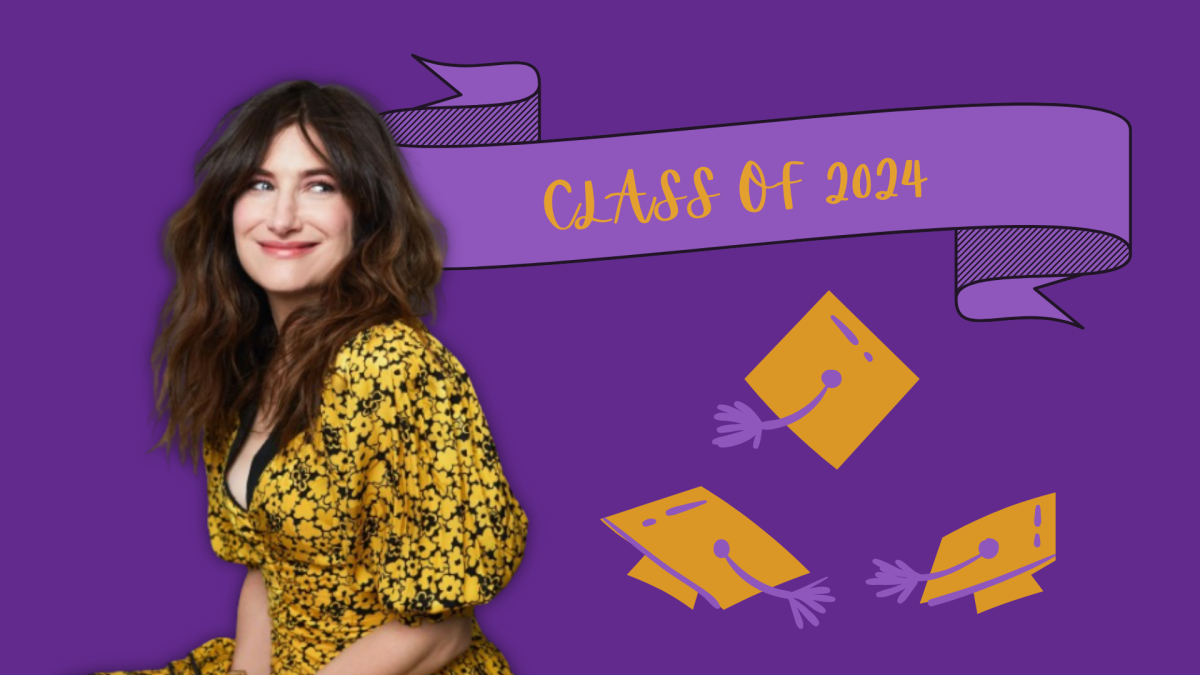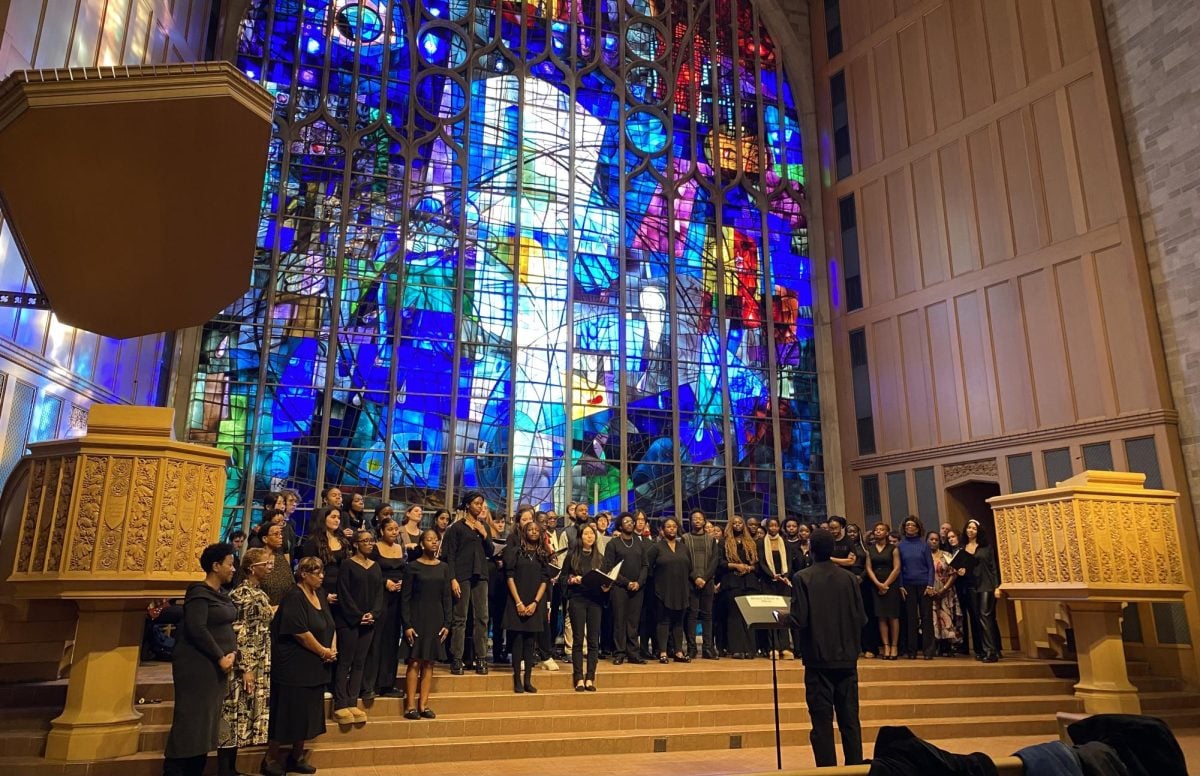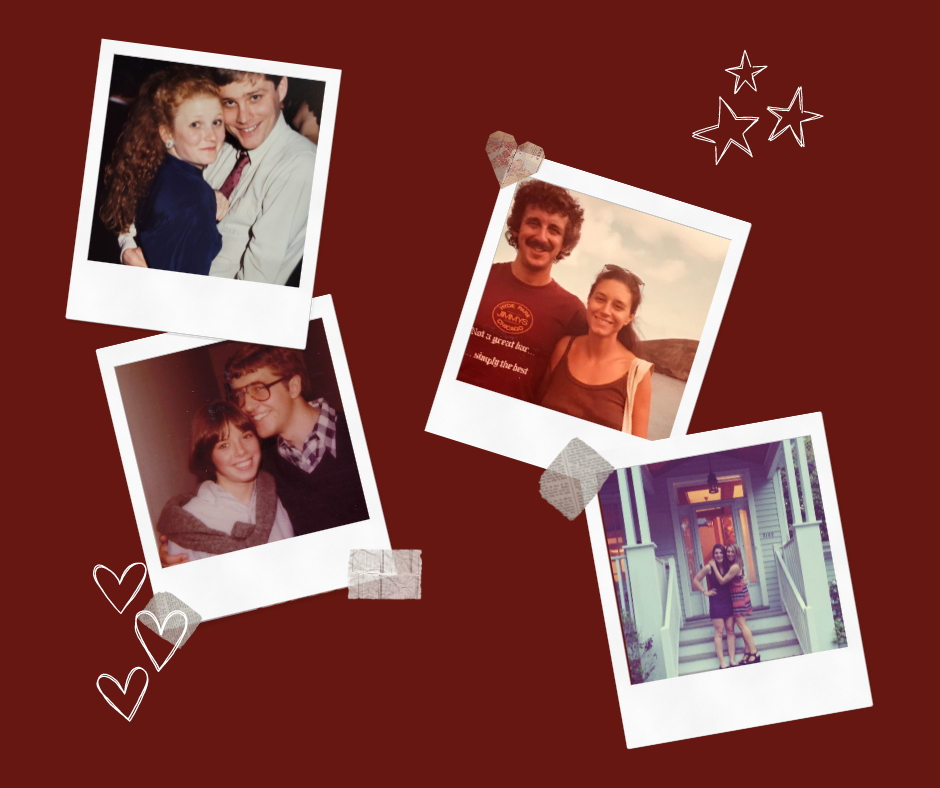Medill alumna Roxana Saberi spoke about her captivity as an Iranian “prisoner of conscience” at Thorne Auditorium on Northwestern’s Chicago campus Wednesday evening.
About 200 teachers, lawyers, students and community members attended the talk. Saberi discussed the experiences that inspired her book, “Between Two Worlds: My Life and Captivity in Iran,” and how these influenced her idea of identity.
Saberi was living in Iran, working as a freelance journalist and writing a book on Iranian culture when Iranian police arrested her in January 2009. Sent to Iran’s Evin Prison, Saberi endured solitary confinement and was pressured into falsely confessing that the book she was working on at the time was really a cover for espionage.
The event was sponsored by Chicago’s branch of Facing History and Ourselves, an organization that began in 1976 with the goal of combating racism, anti-Semitism and prejudice, and nurturing democracy through worldwide education programs, according to its website.
Saberi has spoken at three other Facing History events around the country. Chicago director Bonnie Oberman said she jumped at the opportunity of having her speak here in Chicago, especially because Arab Spring “is in full bloom.”
“We thought her story was very poignant and related to what we do – looking at identity – which is something she was forced to do while in prison,” Oberman said.
Besides telling the story of her captivity, Saberi talked about the journey to find her identity. While she explored her Japanese heritage as a child, she grew more curious about her Iranian ancestry as she grew older. This prompted her move to Iran after graduate school, where she worked as foreign correspondent. While she did see differences in culture and some of these clashed with her American ideals, Saberi said there were also many similarities. She showed photos from her travels through Iran which showed images that would be recognizable to all Americans: parks, parties and upper- and lower-class neighborhoods.
“Just like I was searching for my identity, the Iranians were searching for theirs,” she said.
Iranian-American immigration lawyer Alen Takhsh attended the event and said the message of similarity is an important one.
“It is important for me to understand how I’d be looked at and treated in Iran and compare that to how Iranian-Americans are looked at and treated here,” he said.
Takhsh said he believes the two countries are like mirrors of each other. Saberi, he added, is a testament to this fact.
Saberi stressed the importance of the individual for both Iranians and Americans.
“Each one of you has a voice, and your voice can make a difference,” she said. “Even though you are only one voice, you can make a difference in other people’s lives.”
She then showed slides of other “prisoners of conscience,” imprisoned in Evin for holding political or social beliefs opposed by the Iranian government and talked about how their dedication to their cause and attitude that they “would rather tell the truth and stay in prison rather than be free and tell lies” inspired her to recant her own confession.
“We all have our own prisons, challenges we must face,” she said. “But true freedom is freedom of one’s conscience.”
Saberi commended the support and call for her release from groups around the world. Despite her release, she said international attention must remain on prisoners who have yet to be freed. Although Iran is the country with the third largest number of journalists in prison, “Iranian officials do care what people say about its human rights records,” she said.
“But why should we care?” Saberi asked in conclusion. “Suffering in one part of the world can spread to others. Free one person and they can help 10 more.”
The talk and presentation were followed by a short question and answer session facilitated by journalist Victoria Lautmann.







